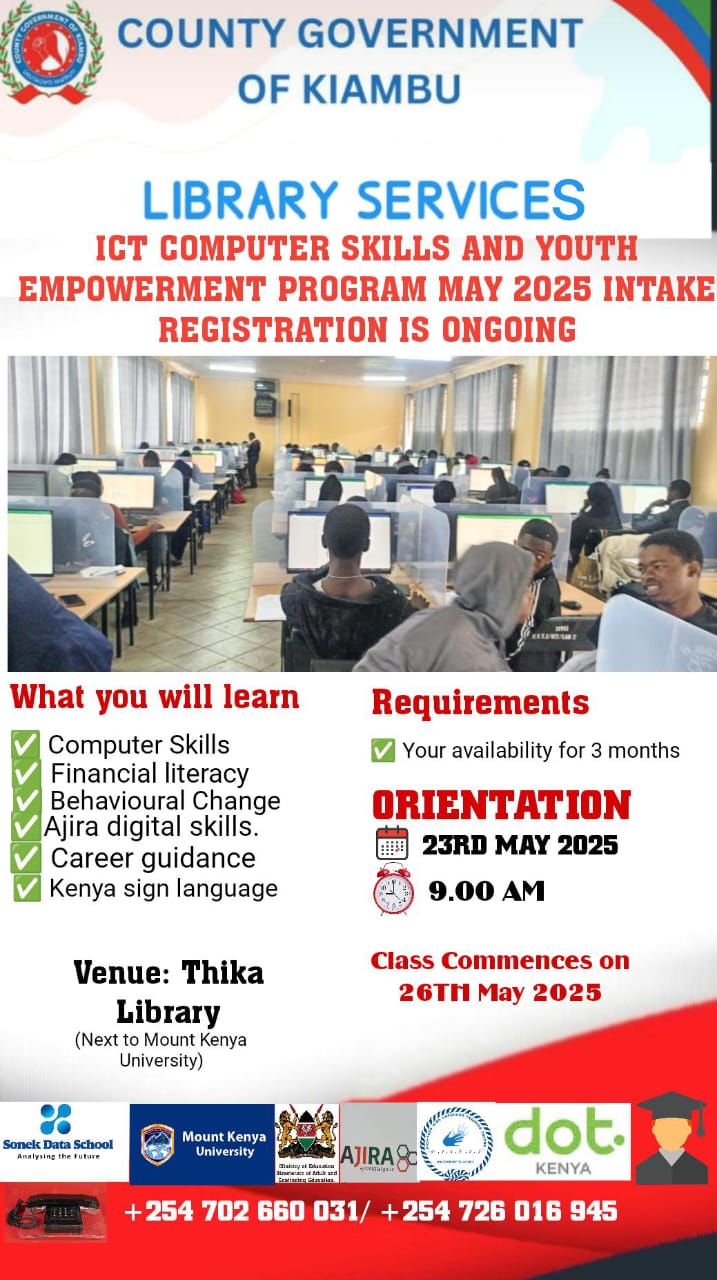CO- LPPMAUD
Martin Kangiri is an experienced economist and urban development specialist currently pursuing a Ph.D. in Urban Economics at the University of South Africa. He also holds a Diploma in Urban Development from the London School of Economics and Political Science, a Master’s degree in Economics (Finance), and a Bachelor of Arts in Economics. With over a decade of expertise in economic coordination, Martin has worked across both public and private sectors, fostering productive relationships with development partners to advance economic and urban projects
Martin as the County Programme Coordinator for the Kenya Urban Support Programme, has overseen urban development initiatives that aim to enhance infrastructure and economic growth in various regions. He also serves as the Technical Team Leader (TTL) for the establishment of new municipalities in Kiambu County namely; Gatundu, Kabete, Githunguri, Juja, Githurai, and Lari.
Martin’s work is pivotal in advancing urban economic strategies that support regional growth, infrastructure development, and sustainable industrialization across Kenya.









